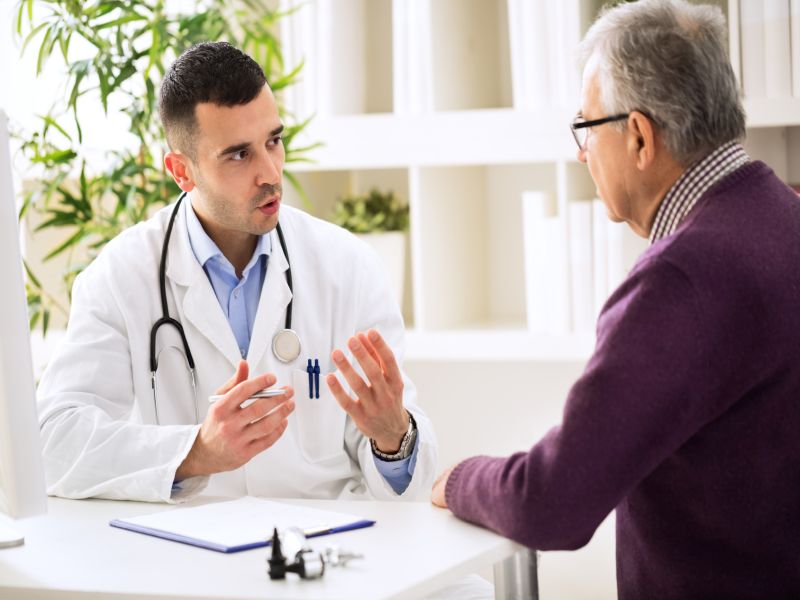Amid an ongoing epidemic of opioid addiction and misuse, a national panel on Tuesday advised that doctors routinely screen all adults for illicit drug use.
That includes the misuse of prescribed medications, noted the U.S. Preventive Services Task Force (USPSTF).
"For the first time, there is enough evidence for the Task Force to recommend that primary care clinicians screen all adults for illicit drug use," the panel said in a statement.
The independent panel is appointed by the federal government and is hugely influential, largely because insurers often base decisions of coverage based on its recommendations.
The USPSTF did not extend the recommendation for drug abuse screening to teens, however, saying that "there was not enough evidence to make a recommendation for or against screening teens ages 12 to 17." They are calling for more research into drug use by teens.
As the panel noted, over the past decade drug misuse and abuse - especially of prescription opioids such as Oxycontin, Vicodin and Percocet, as well as other powerful opioids such as fentanyl and heroin -- has surged in the United States.
"Approximately 1 in 10 Americans older than age 18 currently use illicit drugs, and illicit drug use is among the most common causes of preventable death, injury, and disability in the United States," the panel said.
Until now, the task force has held back from having questions about illicit drug use be a routine part of the doctor-patient relationship.
But, given the "devastating" impact of addiction on people and their families, "clinicians can help by screening their adult patients and connecting people who use illicit drugs to the care they need to get better," said panel co-chair Karina Davidson.
Ideally, screening would involve doctors asking patients "one or more questions about drug use, frequency of use, or risks related to use," the panel said. Urine-based drug tests are not included in the new guidelines.
As for teenaged patients, inquiries about illicit drug use should still be left up to the discretion of individual physicians. "Clinicians should continue to use their professional judgement to determine what's best for their teen patients," said task force member Dr. Carol Mangione.
As well, parents should talk with their family doctor if they see or suspect drug misuse or abuse in their teen, the panel said.
Speaking with The New York Times, Mangione acknowledged that many U.S. physicians lack the knowledge or training to converse effectively with patients on such a sensitive topic as drug abuse.
But she said that, as the opioid abuse epidemic affects more and more practices, doctors are eager to learn how best to help.
"It's on all of us providers to understand the diagnostic and treatment sources in our communities and not to use our lack of knowledge as a reason not to treat people," she told the Times.
"These are hard topics for patients to bring up," Mangione said, "but when the provider does, patients sometimes feel relieved. We tell them that we bring it up because we have treatments for it."
She stressed that drug abuse is affecting every strata of Americans, including the young and the old. That's why the panel did not declare an upper age limit for screening.
Sources: U.S. Preventive Services Task Force, statement, Aug. 13, 2019; The New York Times.










0 Comments